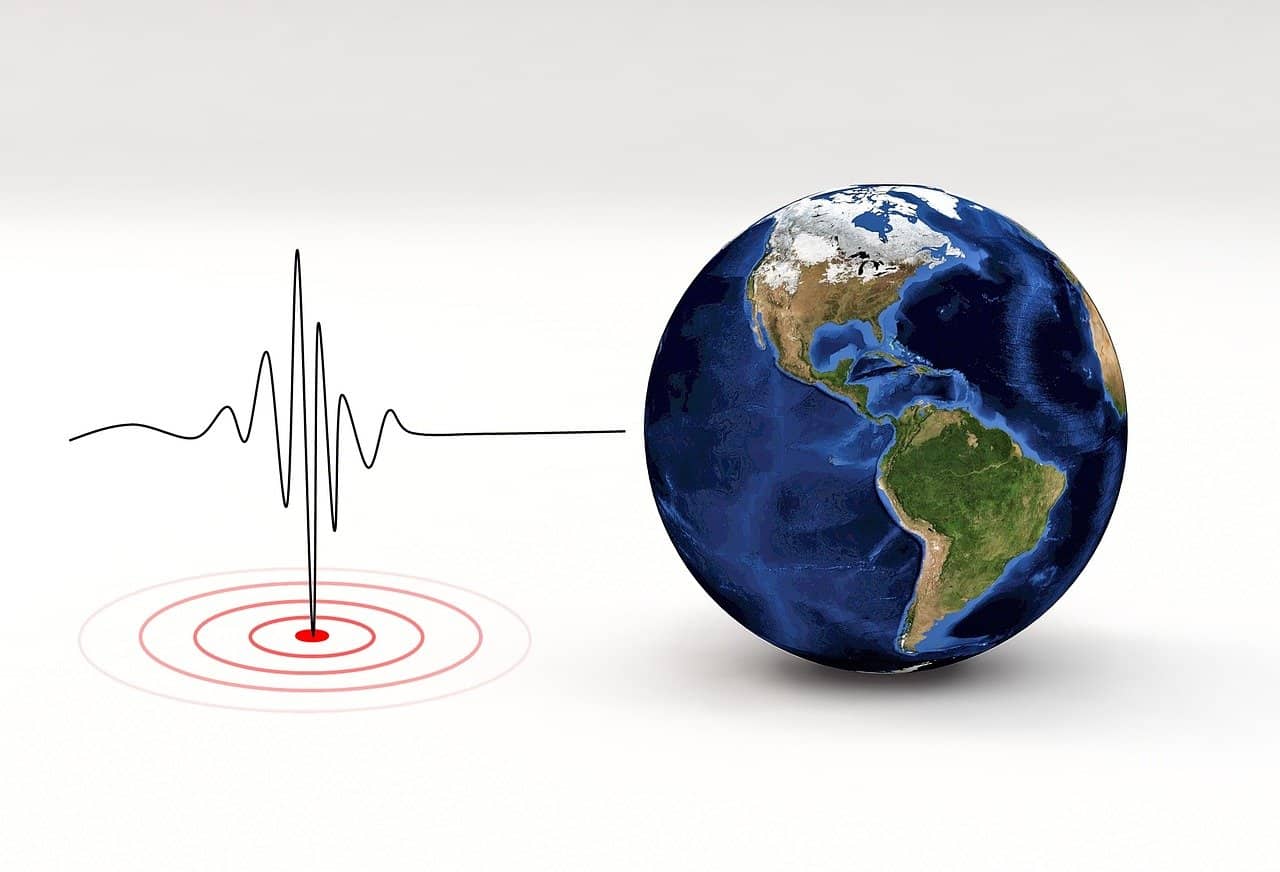
Earthquakes are the kind of natural phenomena that continue to inspire fear. Unfortunately, they are often tragic in their consequences – people die as a result. Why are earthquakes so unpredictable and how do they occur? Which ones have been particularly notable in history?
Why does the earth shake? Earthquakes are caused by a sudden release of stress in the earth’s crust and are associated with the movement of rocks along tectonic faults. The strength of the phenomenon is important – it can be associated with gentle rippling or it can be very violent. Primary shaking is often followed by aftershocks
This devastating phenomenon is very short-lived. It lasts from a few seconds to a few minutes. The problem, however, is that the force of these tremors can be several thousand times greater than that of the bombs dropped on Hiroshima and Nagasaki
A characteristic of these phenomena is that they do not proceed with the same force over their entire area. The place where the waves originate is called the focus of the earthquake. The epicenter is the point on the earth’s surface above the earthquake center. From this point, seismic waves propagate in different directions:
Common earthquakes include
Not all areas on the planet are haunted by large magnitude earthquakes. There are seismic zones with high risk of earthquakes, panseismic zones with rare strong earthquakes, and aseismic zones where even moderate earthquakes are extremely rare. Poland belongs to the last group
A seismograph is used to measure them. Degrees of magnitude are used to compare the strength of earthquakes. The strongest quakes registered so far had the magnitude of 9.5, but it is worth remembering that the measurements are made in such a way that the next degree is ten times stronger than the previous one. In Poland there were maximum tremors of magnitude 6.0.
The most famous earthquakes in history are not only those with the highest magnitude, but also the most deadly. In the past, earthquakes have destroyed entire cities, traumatized generations, and even been reflected in literature. An example is the earthquake that destroyed Lisbon in 1755. Voltaire alluded to it in “The Candide” and spun his philosophical visions based on it
Among the strongest earthquakes in the world were those recorded:
Not always the strongest tremors are the most tragic ones. Sometimes relatively weaker earthquakes in densely built-up areas have the most tragic toll: